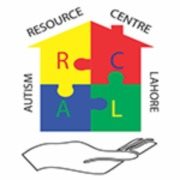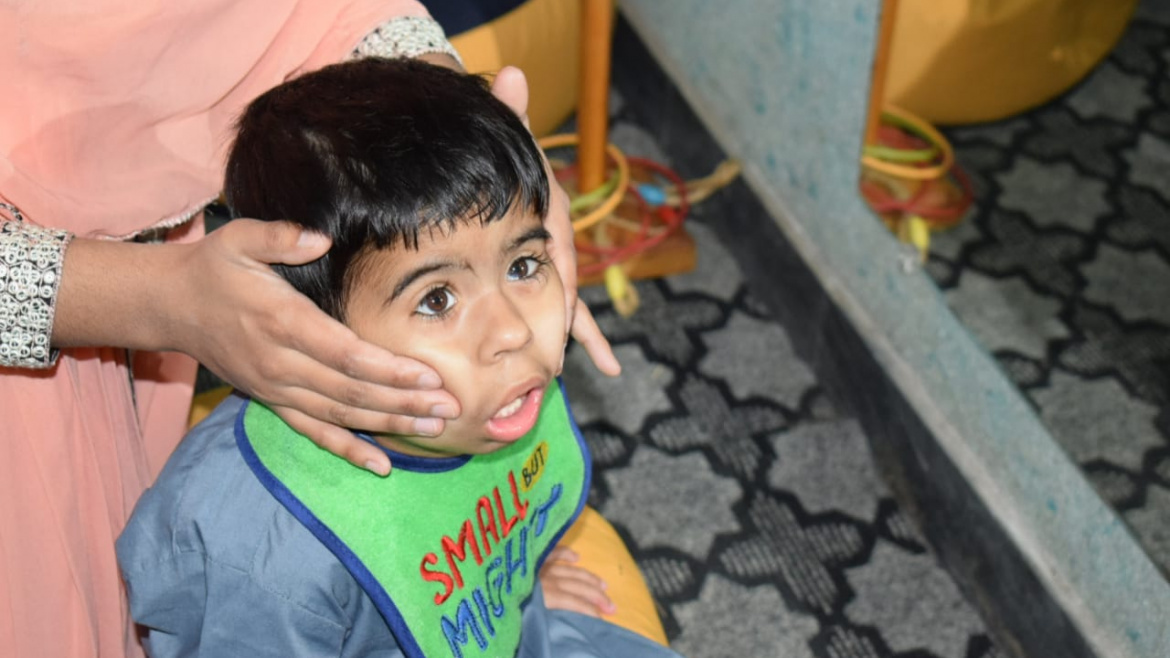Speech-language therapy addresses challenges with language and communication. It can help people with autism improve their verbal, nonverbal, and social communication. ARCL aims to help the children with Autism, Asperger’s and other language delays to communicate in a more useful and functional way. We begin with an evaluation by a speech-language pathologist (SLP) to assess the person’s communication strengths and challenges. From this evaluation, our SLP creates individual goals according to the severity of the problem and age of the child, by keeping an eye on their strengths and weaknesses. We conduct one to one as well as group sessions to enhance their communication skills.
ARCL is putting efforts to improve spoken language, learning nonverbal skills such as signs or gestures, and learning to communicate using an alternative method (such as pictures or technology), depending upon the level of the child.
Examples of the skills that speech therapy may work on include:
-
- Strengthening the muscles in the mouth, jaw, and neck
- Making clearer speech sounds
- Matching emotions with the correct facial expression
- Understanding body language
- Responding to questions
- Production of sounds
- Matching a picture with its meaning
- Using a speech app on an iPad to produce the correct word
- Modulating tone of voice
- Articulation errors
- Phonological errors
- Fluency
ARCL provides low tech as well as high tech services. Some people with autism find that using pictures or technology to communicate is more effective than speaking. This is known as Alternative Augmentative Communication (AAC). Examples of AAC methods include:
-
- Sign language
- Picture exchange communication system (PECS)
- iPads
ARCL focuses on the Verbal Behavior program based on language learning. This makes it possible for people with autism to improve their ability to form relationships and function in day to day life, this also includes tuning into both verbal and nonverbal cues from other people.
Speech therapists at ARCL put efforts to hear what is not being said and believe that everyone deserves a voice.

